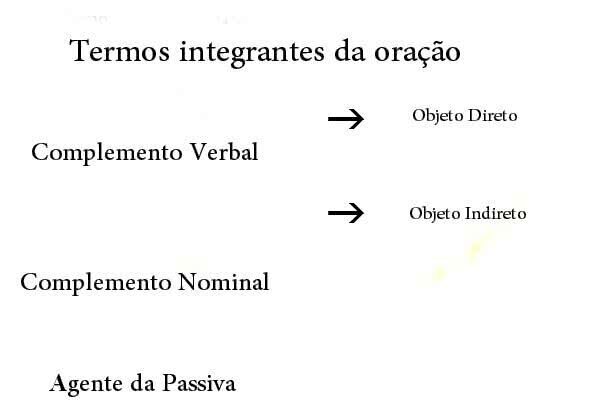Neologism is the process of creating a new word in the language due to the need to designate new objects or new concepts linked to different areas: technology, art, economy, sports, etc.
A neologism is created through various processes such as: juxtaposition, agglutination, prefixing, suffixation, abbreviation, word import existing in another language or through a new meaning given to an already existing word.
The creation of new words is part of every living language. Over time, these neologisms are added to the dictionary and become part of the lexicon.
The "popular neologism" is created by the speakers themselves, whether in spontaneous everyday conversations, with the frequent use of slang, or on the Internet, in electronic communications (chat).
When science is responsible for naming new devices and machines invented, and introduce new technical terms into language, it is called "scientific neologism" or "neologism technician".
"Literary neologism" is the creation of new words by writers, music composers and poets.
"Foreign neologism" or "foreignism" are words from another language incorporated into the language. Some are "Portuguese", that is, the way of writing originals is changed to be understood by everyone. Example: football (from English football), baby (from English Baby).
A neologism can also be classified as a "complete neologism" (created according to the form and meaning of the word, eg microphone) and a "neologism incomplete" (words that already exist in the language and that take on new meanings), for example: papudo (which has great conversation), which also means (individual arrogant).
Also check out some examples of neologism to understand the concept in practice!

